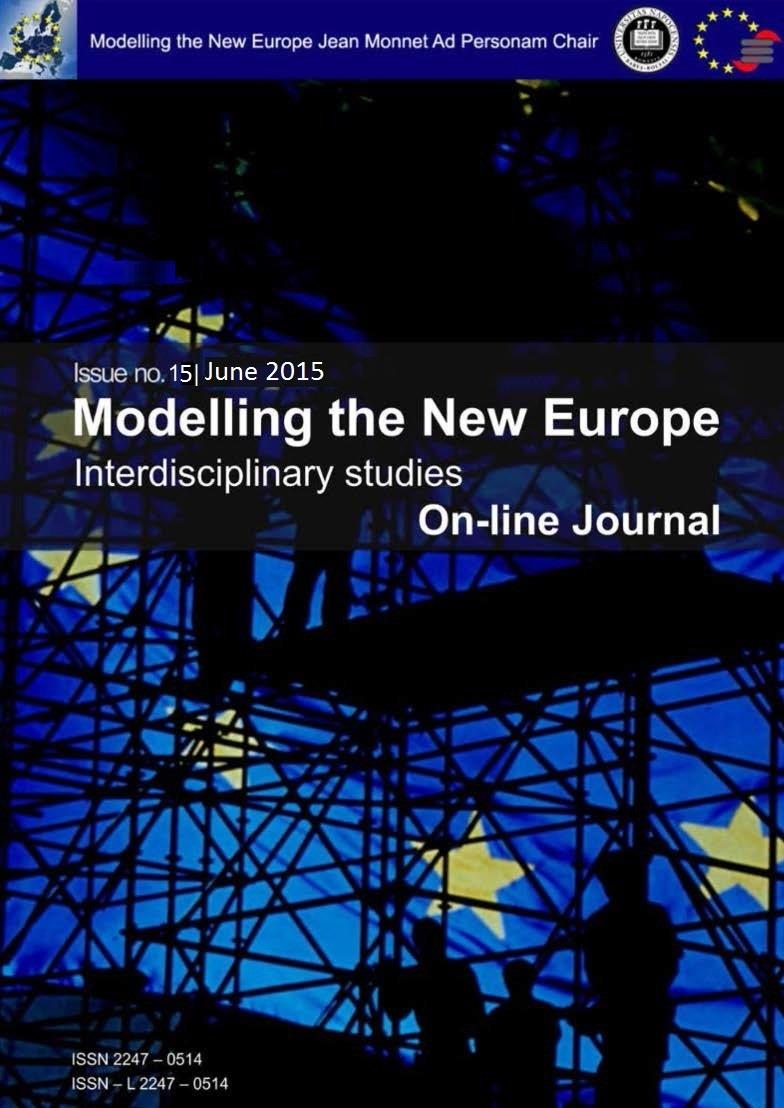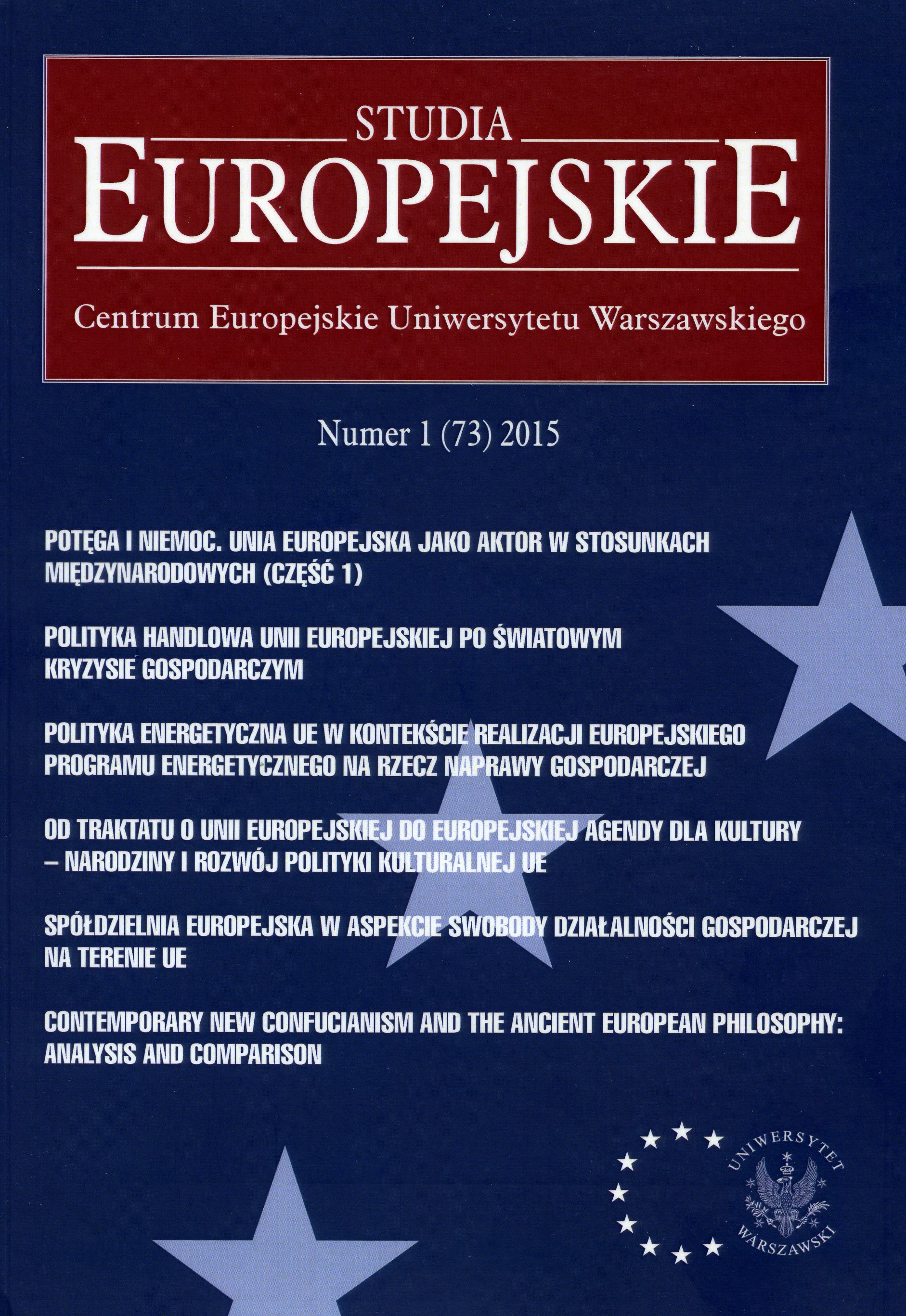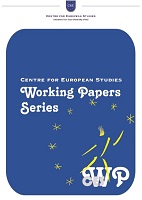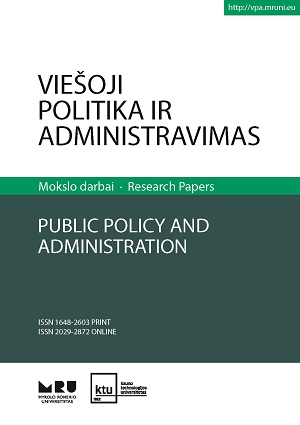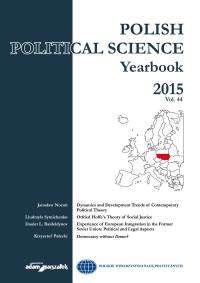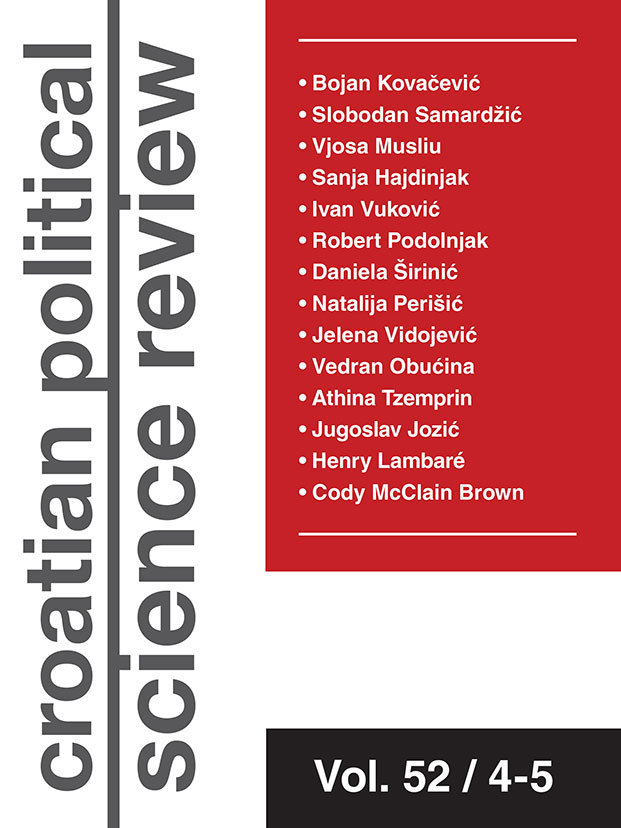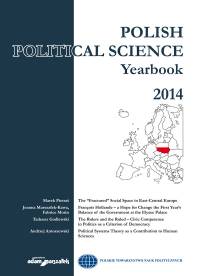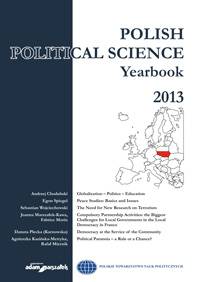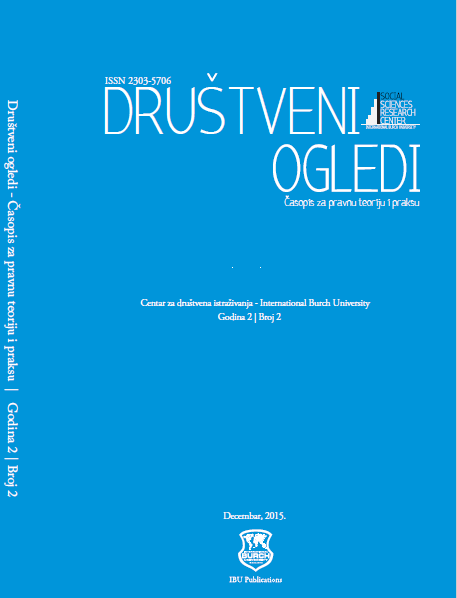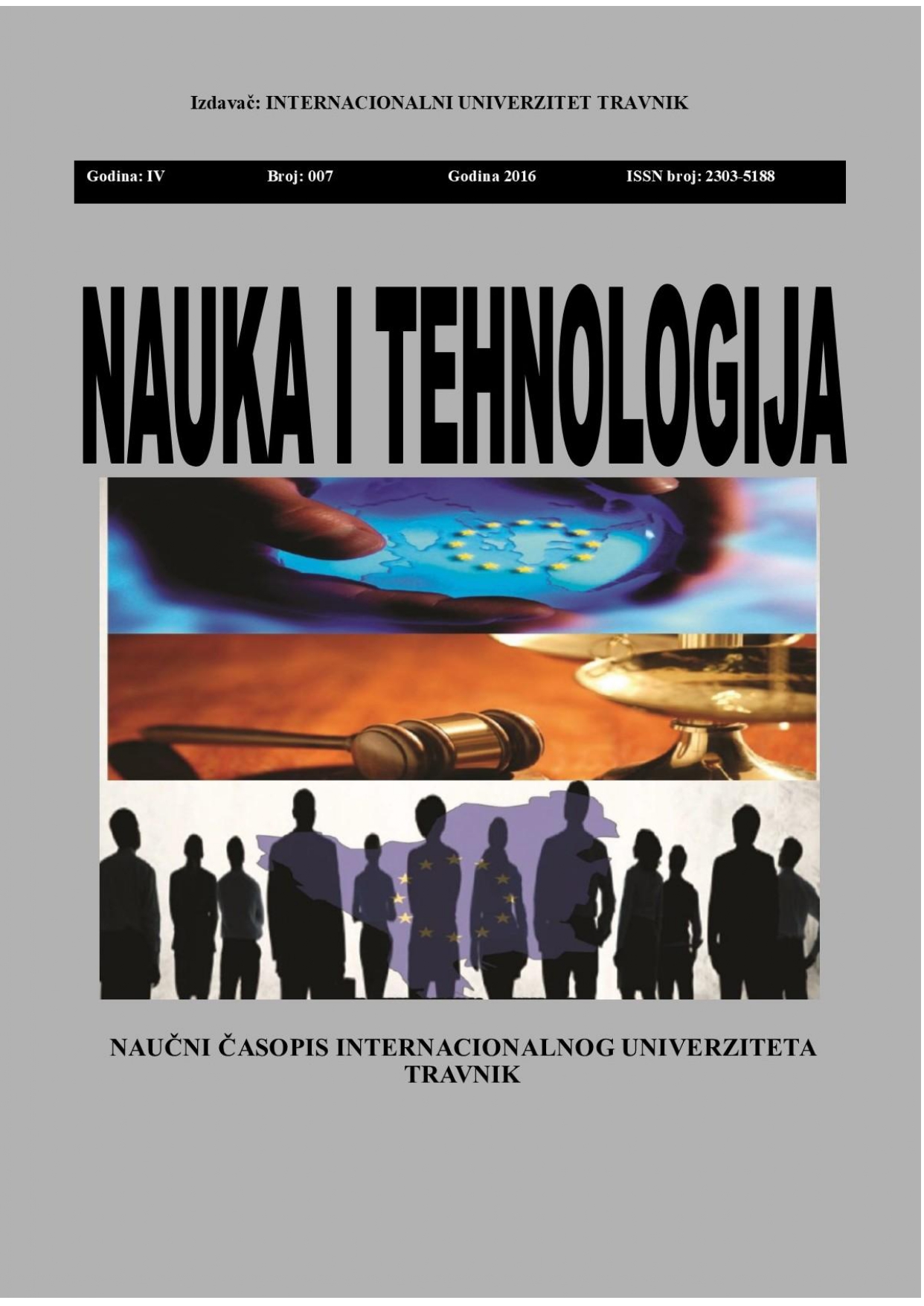Reinforcement of the team of the EUSR for Moldova
On 20 September 2005 the Political and Security Committee (PSC) reiterated its endorsement of the tasks of an EU Border Mission, as outlined in the Joint Council Secretariat/Commission Fact Finding Mission to Moldova and Ukraine concerning an EU Border Mission for Moldova - Ukraine and welcomed the agreement reached between the Council Secretariat and the Commission on the basic principles for the organisation of such a mission, as the agreed basis for taking forward this work. In this context, the PSC agreed on the need to reinforce the team of the European Union Special Representative (EUSR) for Moldova, with four advisors to be located in Kiev, Odessa and Chisinau.
More...
